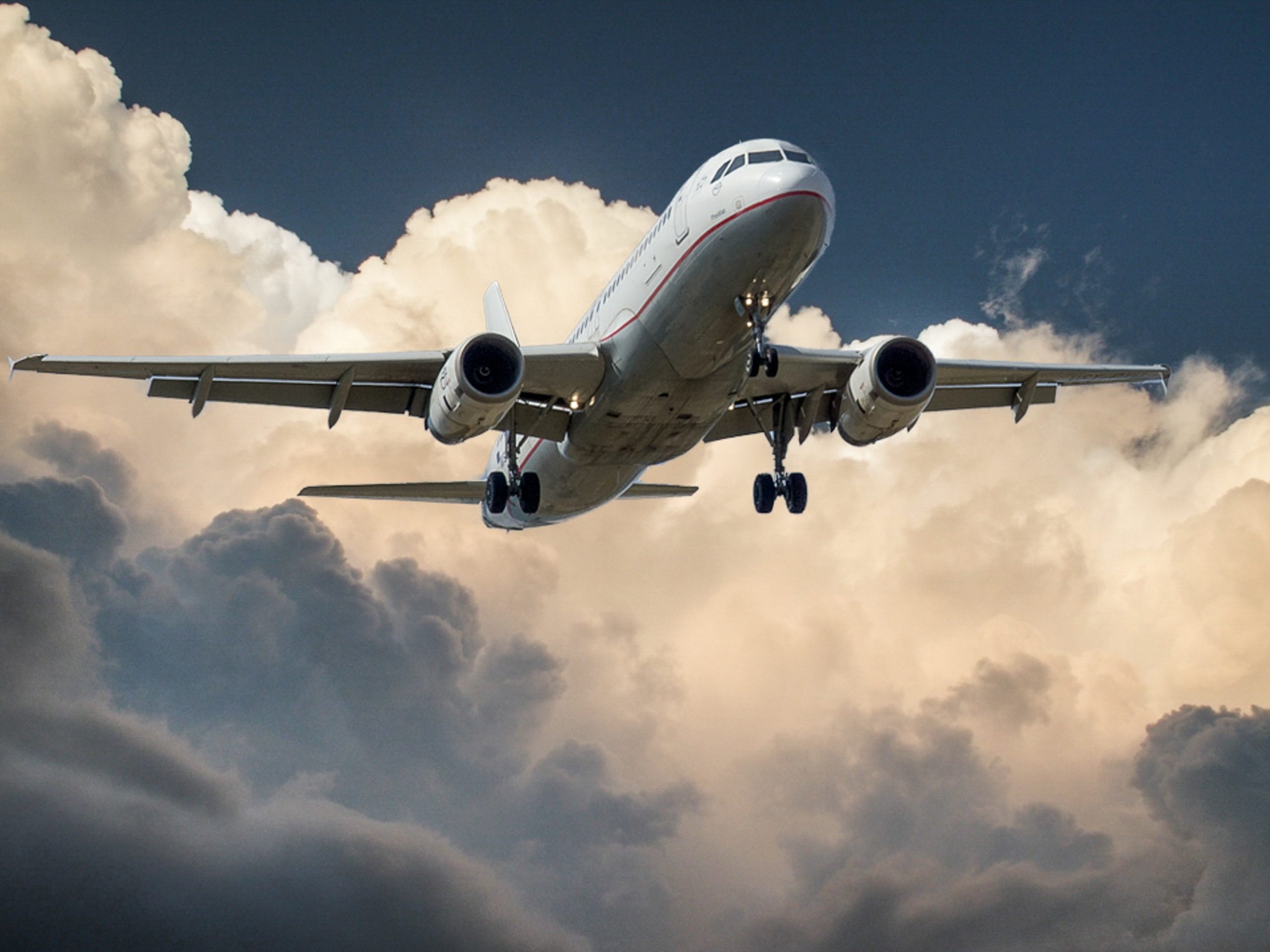Despite an increase in global inflation rates to 8.8% in 2022, the UK has doubled the number of business travellers in a year.
Q1-2023 has seen the positive momentum of H2-2022 continue in both business and leisure travel with demand across the world forecast to be at 85.5* per cent of 2019 levels this year, according to FCM Consulting’s latest Global Trends Report.
With inflation and the cost of living being front of mind throughout the UK, corporate travel is steadily returning to pre-pandemic levels. The report found meeting in person is cited to be the number one reason for corporate travel. For UK businesses, being able to travel again has meant relationships have been able to regain any momentum lost from previous years.
Although international airfare has increased in Europe by eight per cent for business class and 14 per cent for economy in the first two months of 2023, compared to the same period in 2019, there is still a high demand for business travel.
FCM UK Managing Director, Andy Hegley is pleased to have seen a significant rise in bookings compared to Q1-2022: “FCM UK has made more than double the amount of airline bookings in Q1-2023 than in the same quarter the year before. This demand alone shows UK businesses are looking to create more meaningful relationships with their clients, suppliers and partners. With global inflation predicted to fall this year to 6.6 per cent, it is predicted business travel will continue to see increased demand.
“FCM UK have also seen a rise and return of business travellers choosing London City Airport to depart the country from. In Q1-2022, it was the sixth most popular and in Q1- 2023 its second only to London Heathrow, which is the consistent top choice for UK airport,” added Mr Hegley.
Q1-2023 corporate travel demand remained strong despite the mixed economic conditions, with securing options and booking lower prices driving corporate travellers to book online, early.
For domestic booking trends during Q1-2023 versus Q1-2022, it saw a 27 per cent rise in online adoption, the advanced booking days extended from 17 to 19, and average days away held firm at 2.9.
On the accommodation side of things, Q1-2023 saw average room rates in Europe increase by seven per cent since Q1-2022, but by 19 per cent since the last quarter (Q4-2022). Manchester is one of three European destinations with a decrease in average room rate since Q4-2022.
Global hotel occupancy for the quarter was at 60.46 per cent, only four percentage points below the occupancy levels of 2019. There is a growing demand for one of the most successful traveller offerings in recent years – lifestyle hotels – focused on travellers who want a unique experience. Hotels with lobbies encouraging interactions, offering green initiatives, having slick technology, and well-being choices are some ingredients of a lifestyle hotel.
After 2022, a year full of significant imbalance of both supply and demand, air travel is predicted to stabilise this year, seeing added capacity in H1-2023 and airfares moderating in H2-2023. Data showing Q1-2023 seat capacity was up 2.1 per cent in Q4-2022 and down 6.8 per cent in Q1-2019.
Early forecasts show air capacity offered in 2023 will be just 2.5 per cent short of 2019 volumes. The region with the highest seat growth in Q1-2023 vs Q4-2019 was Asia with a 12.2 per cent increase, with most other regions averaging two per cent growth.
The exception to this was Europe which saw an 8.7 per cent decline as the region balanced changes in demand – but the Northern Hemisphere summer will drive demand in Q2 and Q3-2023.
Q1-2023 corporate travel demand remained strong despite the mixed economic conditions, with securing options and booking lower prices driving corporate travellers to book online, early.
Domestic booking trends for Q1-2023 versus Q1-2022 saw a 27 per cent rise in online adoption, the advanced booking days extended from 17 to 19, and average days away held firm at 2.9. The report also showed that in-person meetings were the leading reason for corporate travel.






